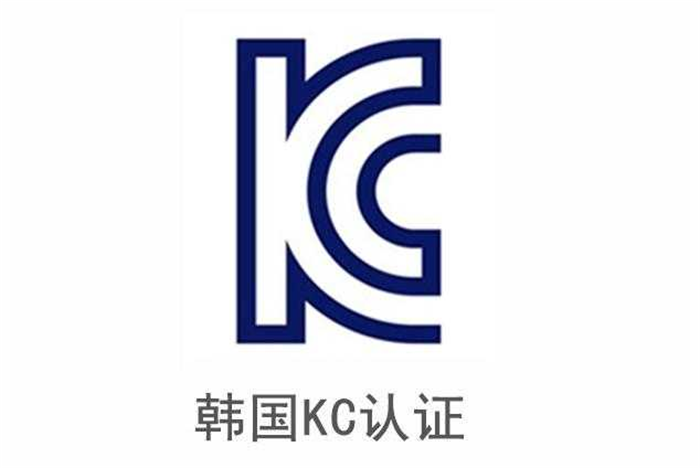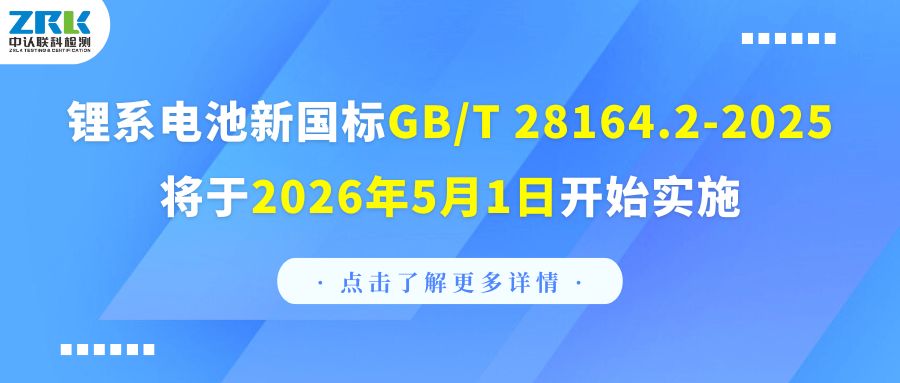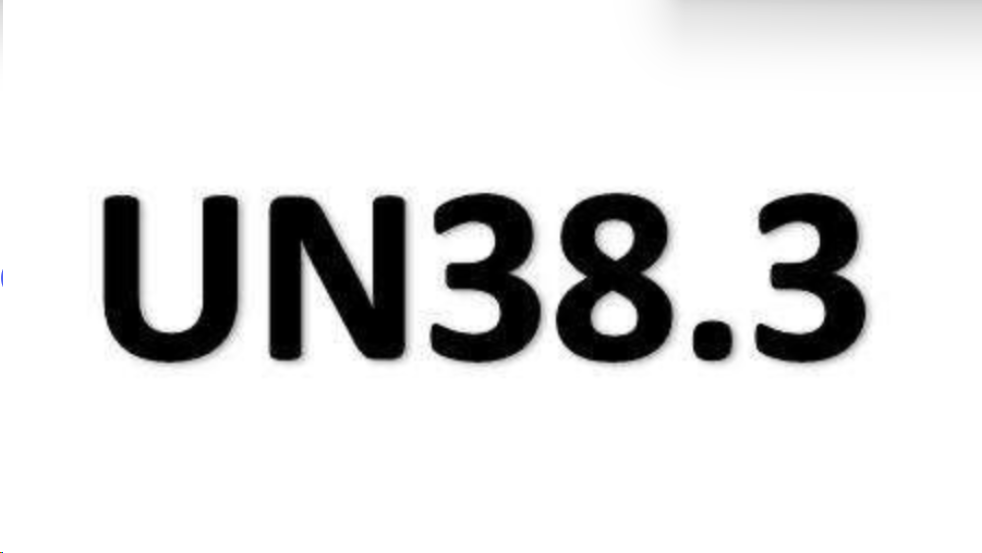Both the DGR 65th revision issued by IATA and the 23rd revision of the Model Regulations on the Transport of Dangerous Goods issued by the UN Economic Commission's Dangerous Goods Transport Group have written the requirements for the transport of sodium batteries into the specifications. The transport of sodium batteries will be controlled in 2025, and the requirements for testing, packaging and labeling of sodium batteries as non-restrictive goods are consistent with the requirements for lithium-ion batteries. The following are the transport requirements for sodium batteries:
01 Add the shipping number of sodium battery.
★ UN 3551 sodium ion battery
★ UN 3552 Sodium ion battery installed in the equipment or packaged with the equipment.
★ UN 3558 vehicles driven by sodium ion batteries
02 new special provisions
★ Special provision 388: UN 3171 is only applicable to vehicles and equipment equipped with wet batteries, metal sodium batteries or sodium alloy batteries. The vehicles driven by lithium batteries and sodium ion batteries should be included in the new items:
UN 3556: Vehicles driven by lithium-ion batteries
UN 3557: Vehicles driven by lithium metal battery packs
◆ UN 3558: Vehicles driven by sodium ion batteries
★ Special Provisions 400: Sodium ion batteries and battery packs can be transported without other restrictions as stipulated in this Regulation, provided that they meet the requirements of battery short circuit, specified terms, drop test of packaging marks, equipment protection and dangerous goods transportation.
★ Special provision 401: Sodium ion batteries and battery packs using organic electrolyte shall be transported according to UN 3551 or UN3552 according to actual conditions, and sodium ion batteries using aqueous alkaline electrolyte shall be stored according to UN2795, wet and filled with alkali liquor.
★ Special provision 404: If the sodium ion battery-powered vehicle does not contain other dangerous goods, and the battery is in a short-circuit state and does not contain electric energy, and the short-circuit mode is easy to authenticate, it can be exempted.
★ Special provision 405: If the vehicle is not completely enclosed by packing crates or other methods to prevent immediate identification, the requirement of labeling can be exempted, which means that such products do not need to be labeled with style No.9..
03 New packaging instruction P912
★ P912 is suitable for the transportation of vehicles with UN numbers 3556, 3557 and 3558. It is stipulated that vehicles should be fixed in solid outer packaging, and the container structure should prevent accidents to avoid battery damage caused by direction change during vehicle transportation. It is clearly stipulated that batteries on vehicles are not allowed to be removed, and other parts can be removed to meet the packaging requirements. There is no need for packaging test for such goods.
★ Add UN3551 sodium ion battery pack and UN3552 sodium ion battery pack installed in the equipment or packed with the equipment.
Warm tips
ZRLK has been focusing on the testing and certification of battery products for 18 years, always paying attention to the changes of laws and regulations in various countries, and providing customers with one-stop testing and certification services to ensure that your products enter the target market quickly. If you want to know more about the requirements of battery/battery product testing and certification, or if there are batteries/battery products that need to be tested and certified, please feel free to contact us, and our engineers will serve you as soon as possible!


![[Holiday Notice] ZRLK 2026 Chinese New Year Holiday Schedule](/uploads/image/202602/698559be66d97.jpg)










